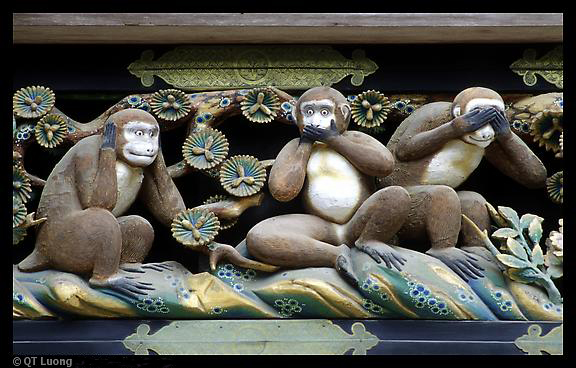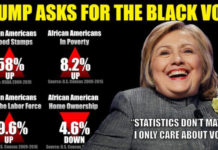As Stanton A. Glantz of UC San Francisco documented last year, the tobacco industry was deeply involved in the evolution of the tea party movement, which promoted some of the industry’s cherished aims, such as fighting tobacco taxes and anti-smoking laws.
“The Tea Party of the late 2000s has become the ‘movement'” envisioned by a Reynolds executive 10 years earlier, Glantz concluded, “grounded in patriotic values of ‘freedom’ and ‘choice’ to change how people see the role of ‘government’ and ‘big business’ in their lives.”
Given the torrent of misinformation washing about the public space and the multiplicity of pathways for its distribution, is there any hope for beating back the tide? Agnotologists are divided. “I don’t see any easy out,” says UCLA’s Wise. “All of the forces are on the side of undermining public trust in science.”
But Proctor has hope. “My whole career is devoted to pushing back,” he told me. “There is opportunity to expose these things through good journalism, good pedagogy, good scholarship. You need an educated populace.”
The effort needs to begin at a young age, he says. “You really need to be teaching third-, fourth-, fifth-, sixth-graders that some people lie. And why do they lie? Because some people are greedy.”
Michael Hiltzik’s column appears Sundays and Wednesdays. Read his blog, the Economy Hub, at latimes.com/business/hiltzik, reach him at mhiltzik@latimes.com, check out facebook.com/hiltzik and follow @hiltzikm on Twitter.










